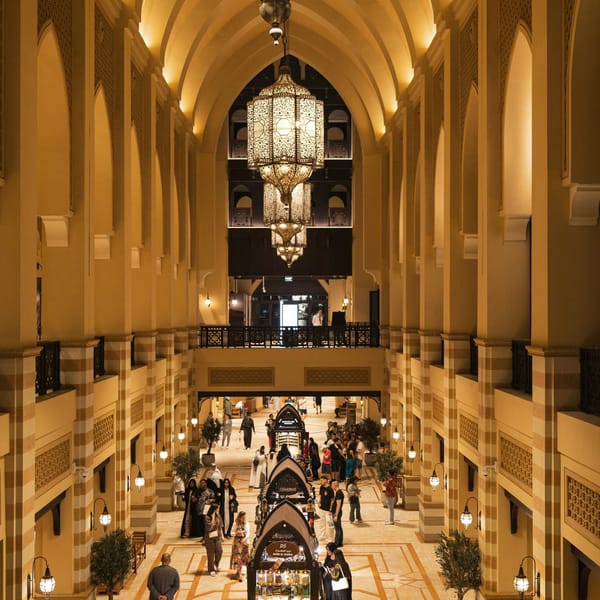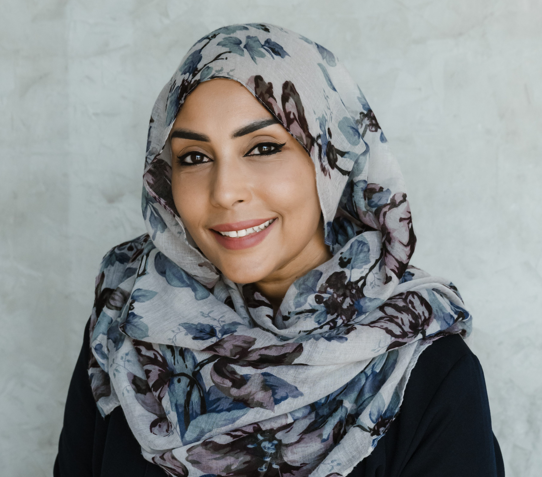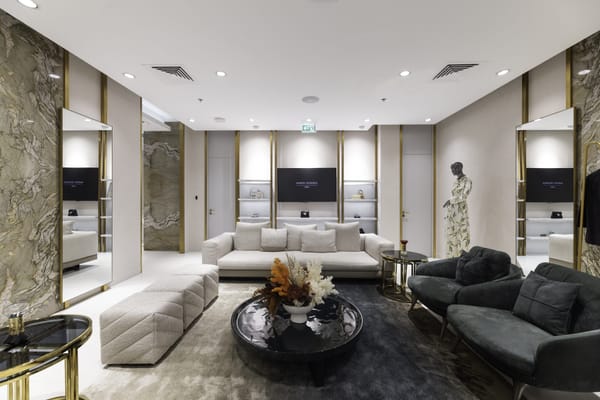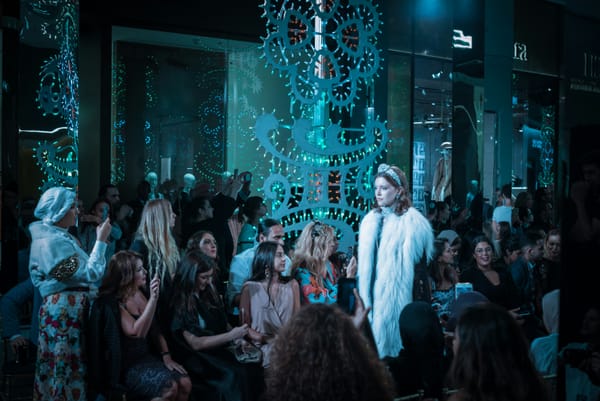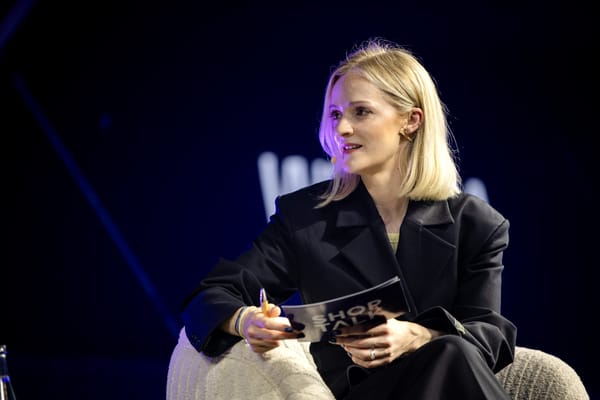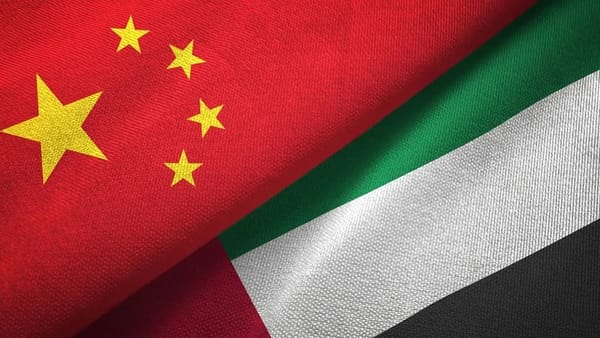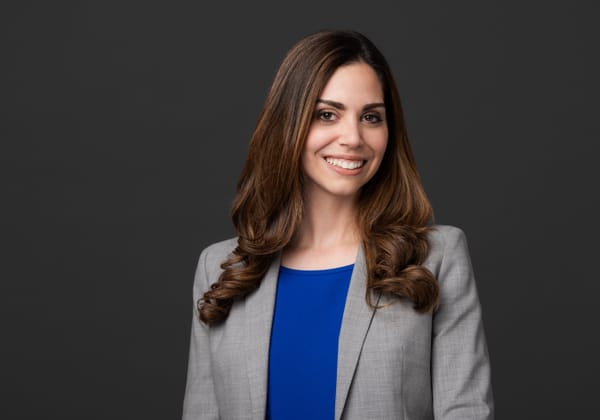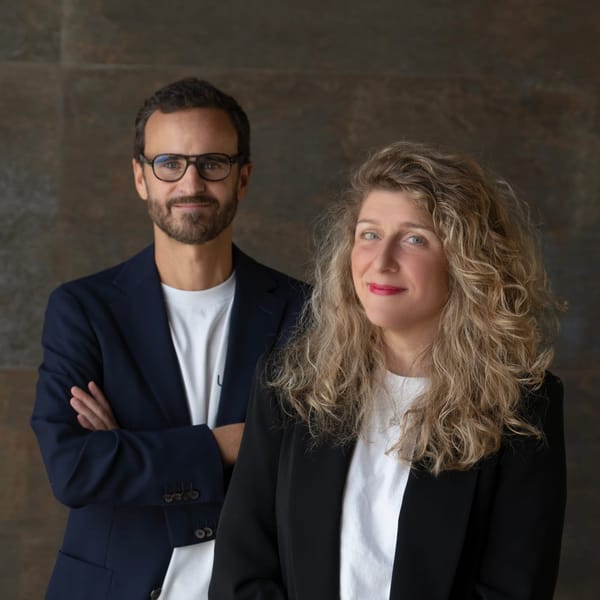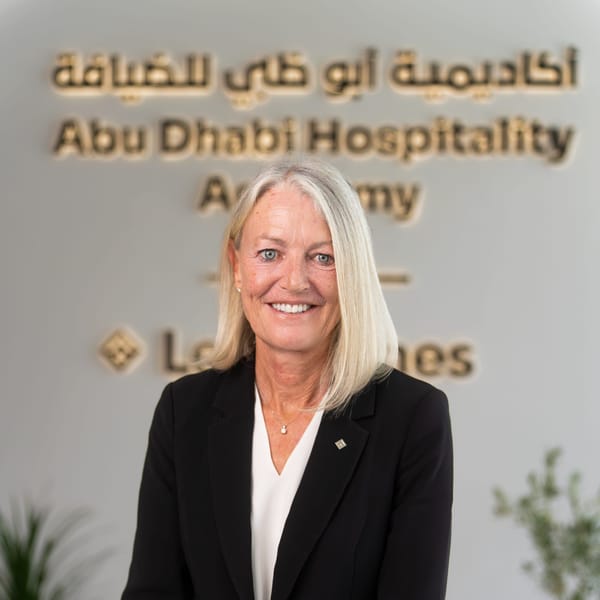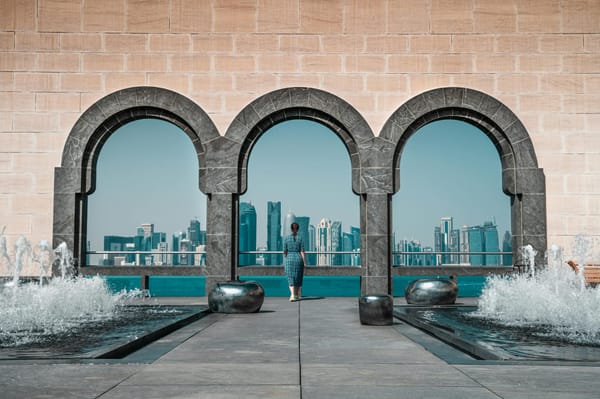Key Takeaways
- Make the luxury experience feel like a modern majlis through hospitality, privacy and personalisation.
- Build credibility through contributions, restrained promotion, and Arabic-first creative during holy months.
- Measure relationship health as carefully as revenue to compound brand equity over time.
If language and ritual set the stage, hospitality and discretion deliver the performance.
In the Gulf, the benchmark for luxury is a modern majlis: a space that is welcoming, generous, and discreet. Private salons and family-friendly rooms communicate care before a single product is shown. Arabic-speaking client advisors, trained in etiquette and greeting protocols, set the tone for a visit that feels unhurried and respectful.
Personalisation moves the experience from impressive to intimate, whether through Arabic calligraphy on packaging or bespoke monograms executed with the same standards applied to a couture atelier.
Memory anchors
Sensory cues play a subtle but memorable role.
A restrained hint of fine oud or bukhoor (incense) can anchor recall without slipping into cliché. Arabic coffee and dates, offered with grace, feel like hospitality rather than performance. These are small gestures, but they operate as memory anchors, stitching the brand into the client’s personal rituals of welcome and leave-taking. When paired with reliable logistics, they form the soft power of loyalty.
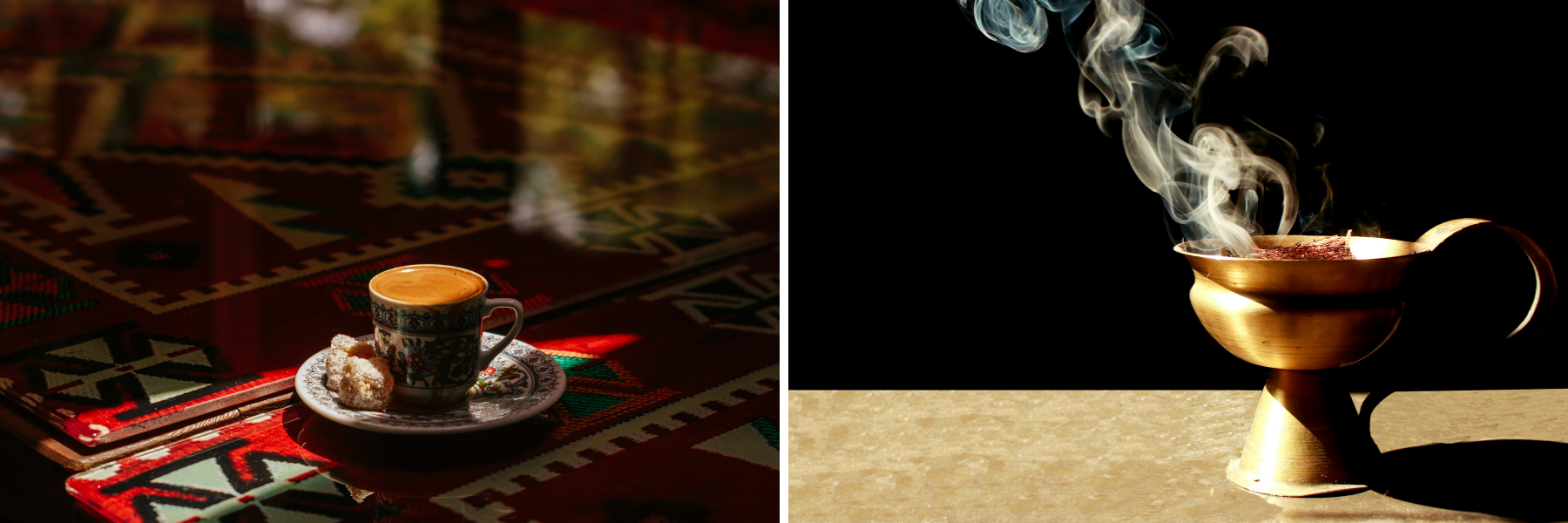
The value of privacy
Status in the region is often expressed through privacy.
Ultra-high-net-worth clients value speed, discretion, and invisible problem-solving. Concierge delivery to villas or majlis venues speaks to convenience and respect. After-hours previews accommodate family schedules and public roles. Communication should be opt-in and conducted through channels clients already use, with a concise tone and considerate timing.
Public recognition is rarely the goal. Advocacy is earned when a brand resolves a need before it becomes a concern — and when it does so without drama.
Community as legitimacy
Community and contribution transform presence into legitimacy.
Philanthropy and national pride carry real meaning across the Gulf. Brands that support cultural institutions, fund scholarships for emerging designers, or collaborate with Gulf artisans demonstrate commitment rather than opportunism. Limited editions that honour national days resonate when design intent is genuine and production is restrained.
The guiding principle is humility. Let the work speak for itself and let the partnership serve the community, not the campaign.
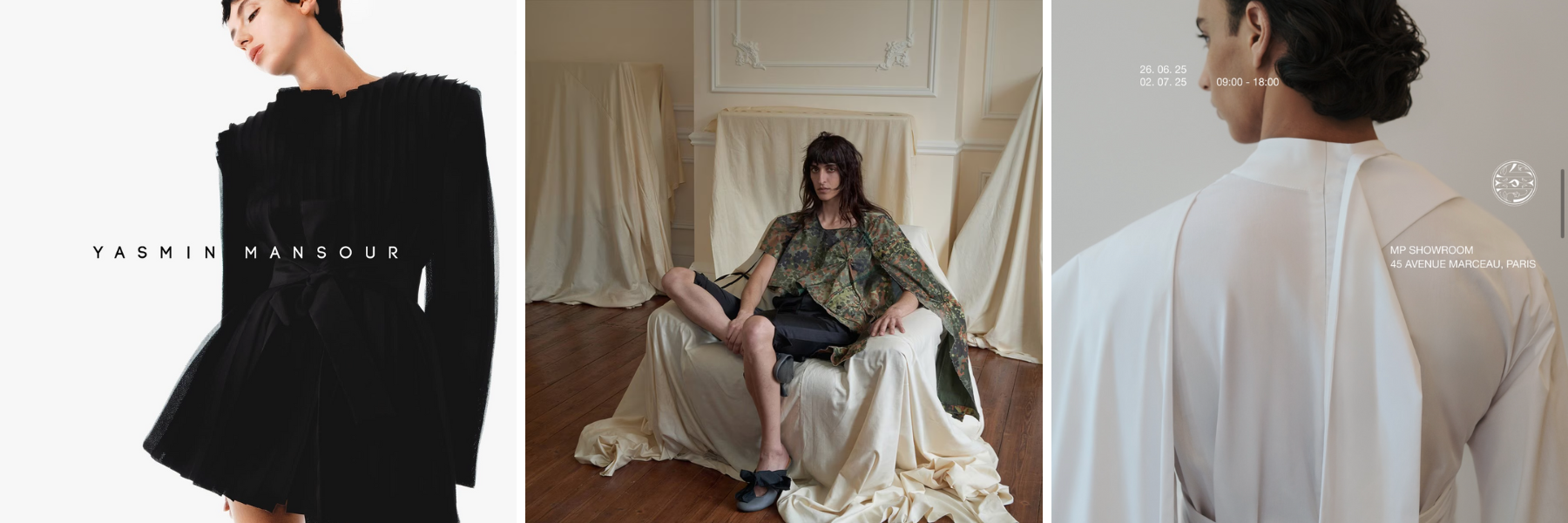
Infusing the marketing mix
These values should infuse the marketing mix across product, price, place, and promotion.
Product strategy benefits from Ramadan and Eid capsules with regionally appropriate palettes and silhouettes, as well as fragrance and material choices that nod to the landscape — oud, rose, saffron, and desert light — integrated within the house codes to avoid pastiche.
Pricing should communicate value through narrative and presentation, with packaging and certificates that treat Arabic as a first-class language.
Distribution should prioritise flagship experiences in destination retail districts, supported by private client suites and seamless cross-border service across GCC countries to reflect regional travel patterns and family networks.
Credibility over noise
Promotion in the Gulf favours credibility over noise.
Arabic-first creative during holy months should lead with restraint. Partnerships with respected cultural figures and institutions build durable equity. Invite-only salon events, trunk shows in discreet venues, and family-inclusive previews cultivate intimacy.
The people who deliver these moments are as central as the products. Recruit and develop Arabic-speaking advisors who understand family dynamics and gifting etiquette. Train teams in greetings, titles, and the choreography of welcome. Save client preferences for sizes, styles, and meaningful dates. Offer flexible alterations and swift logistics that treat the relationship as the asset it is.
The signals that matter
Measurement should capture relationship health, not only transactions. Track the tenure of client families and the breadth of engagement across relatives. Monitor conversion from private appointments and the proportion of bespoke orders. Watch the regional share of limited editions and waitlist velocity as signals of desirability. Use Arabic social listening to understand tone rather than volume.
Pay attention to the quiet signals that matter in luxury: an introduction to a friend, a request for a private showing, a return in a new life chapter. In the Gulf, revenue follows belonging.
What to avoid
There are pitfalls to avoid.
Copy-pasting global creative into Arabic without new art direction ignores modesty, symbolism, and cadence. Overreliance on fame without intimacy delivers reach without roots.
The antidote is preparation, proximity, and humility. Listen first. Design thoughtfully. Serve with respect. Mastery of craft opens the first door. Mastery of culture opens the second —and that is the door to enduring equity in the Gulf.


